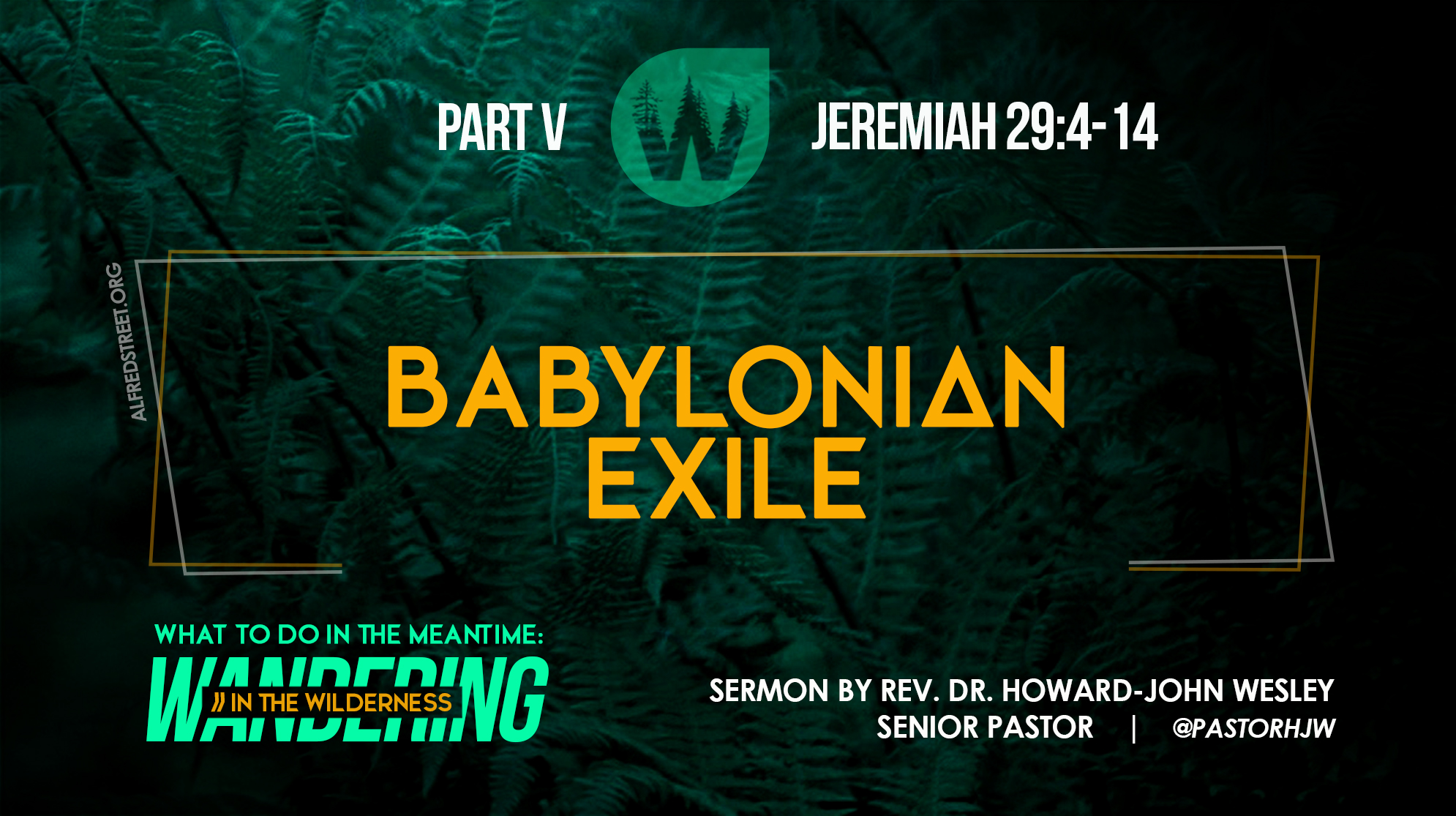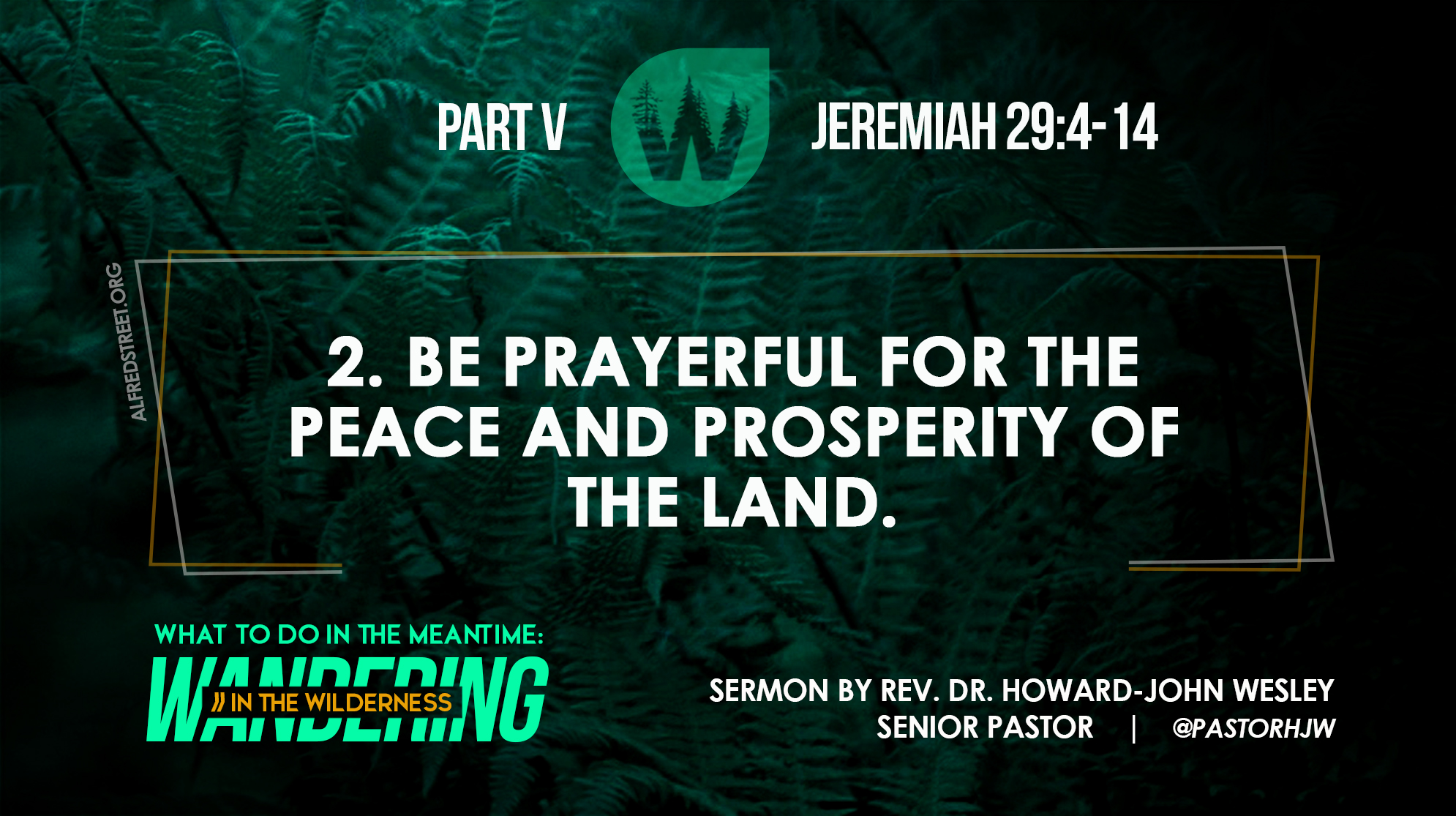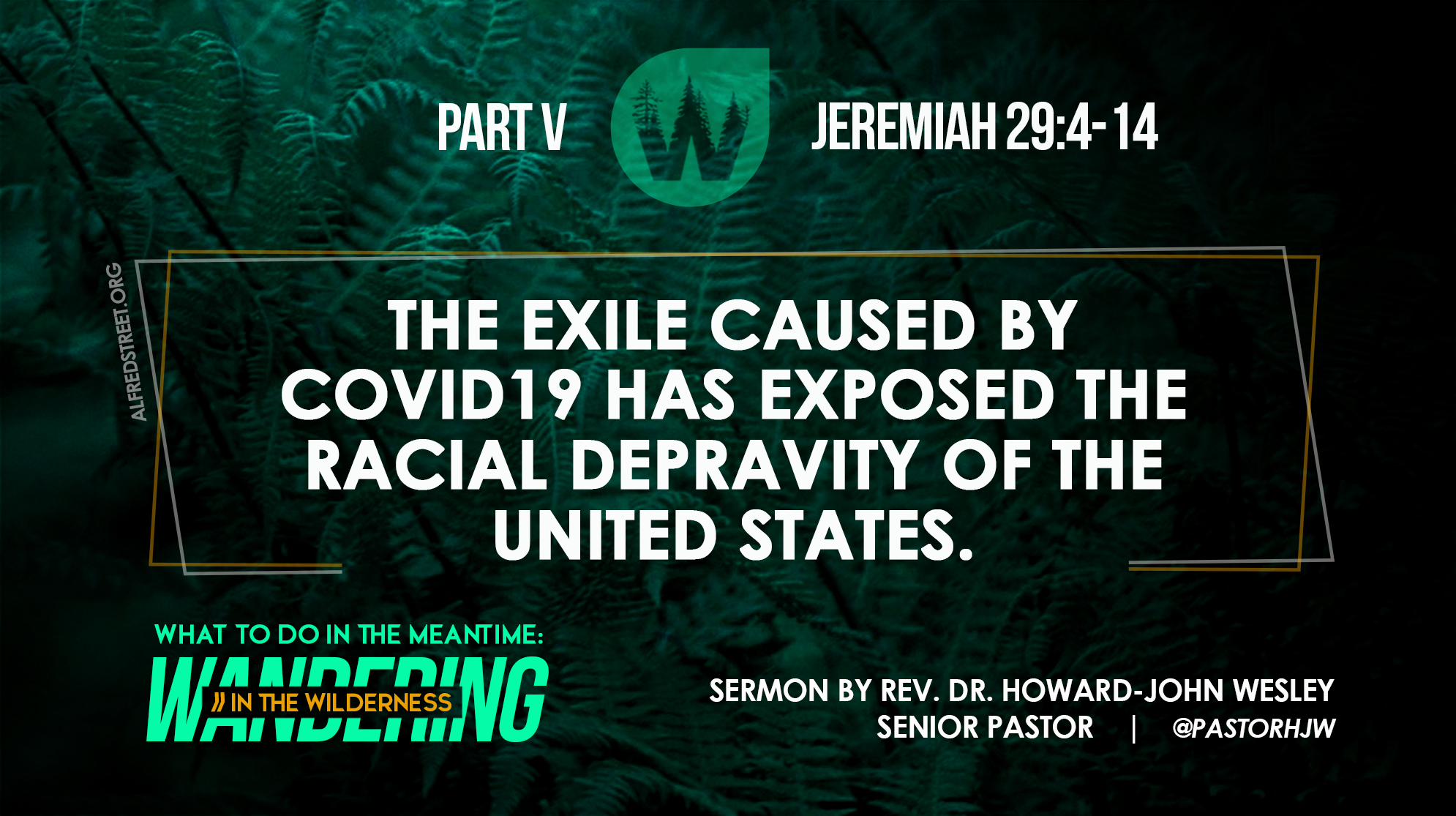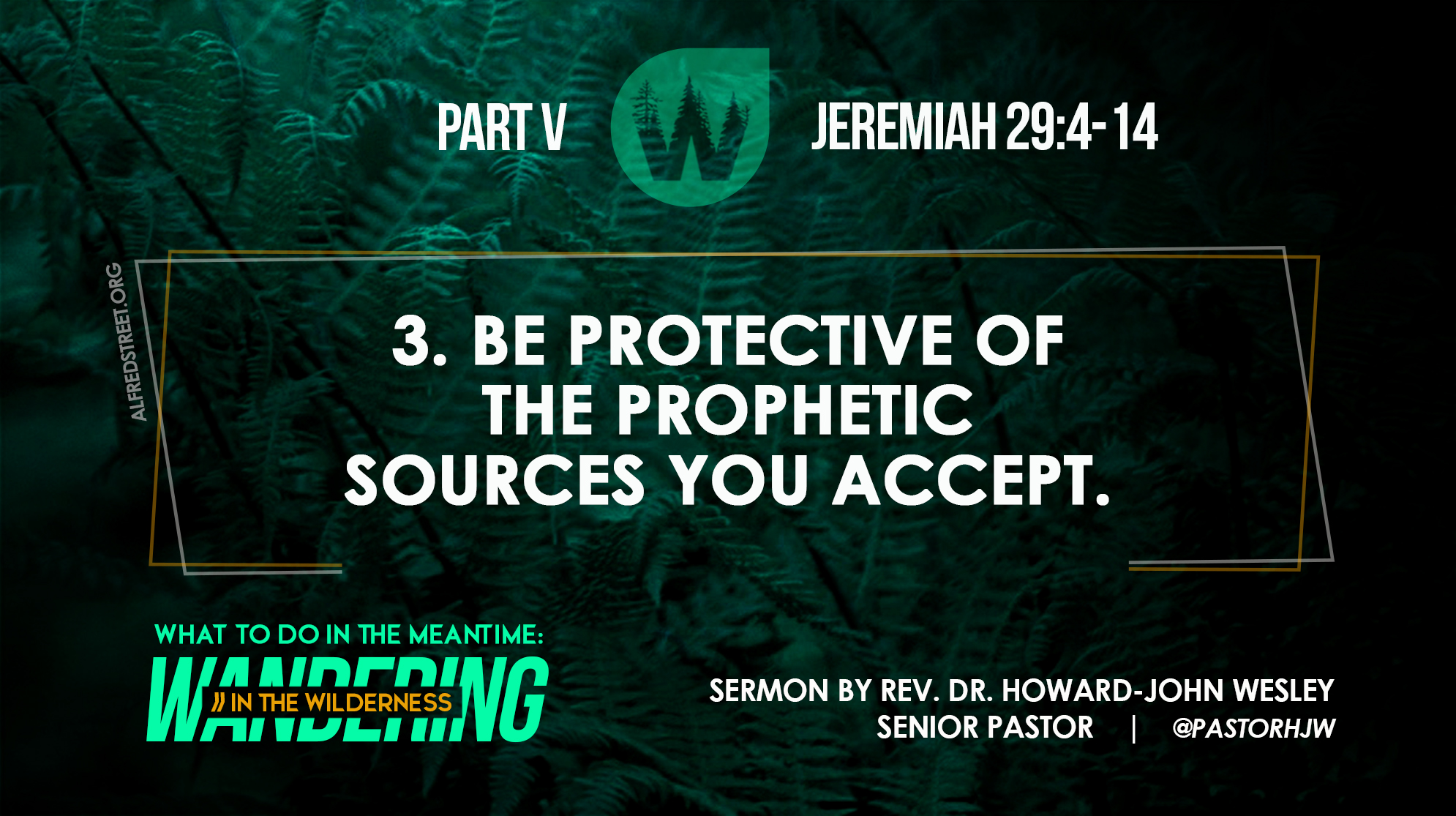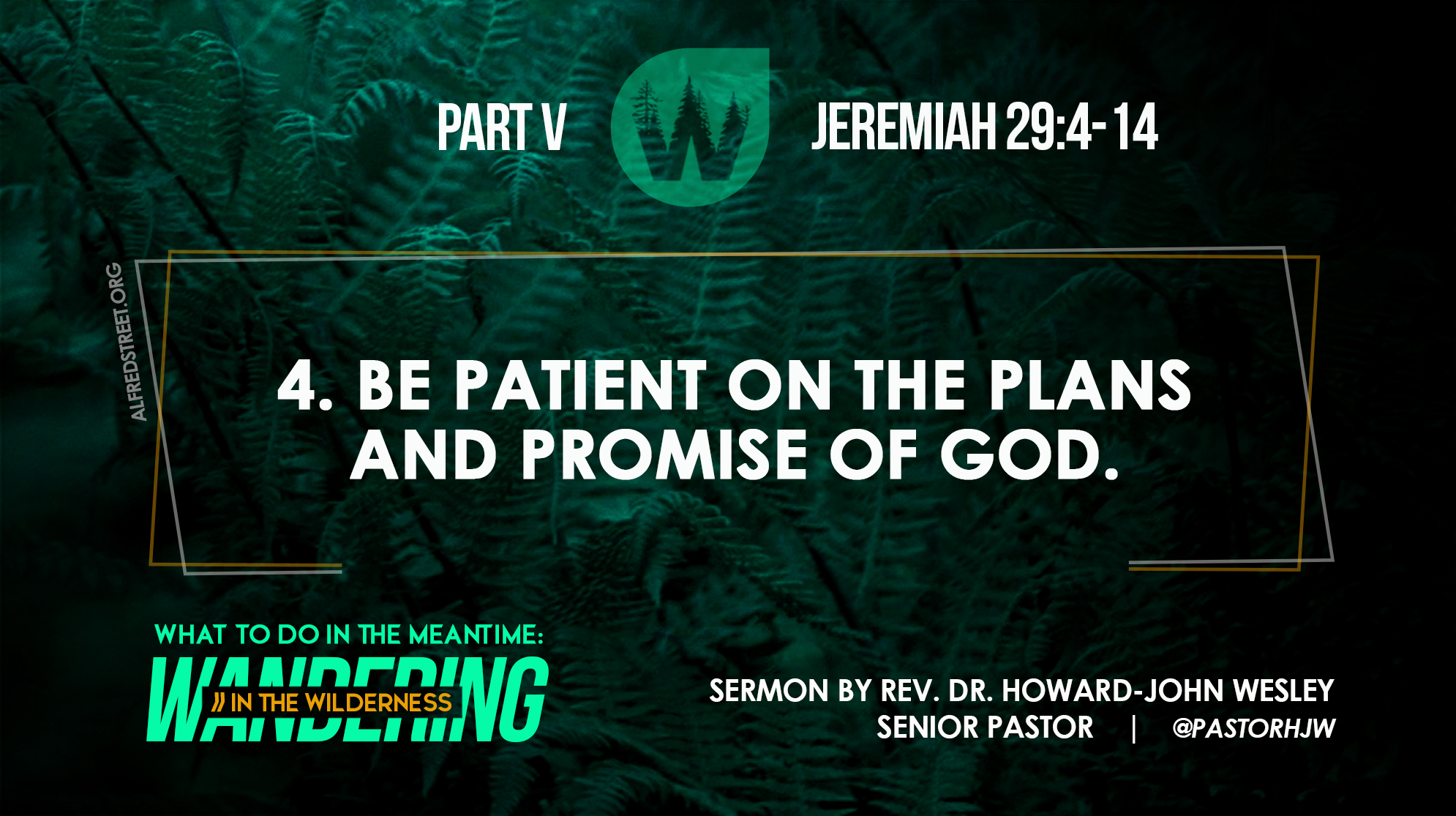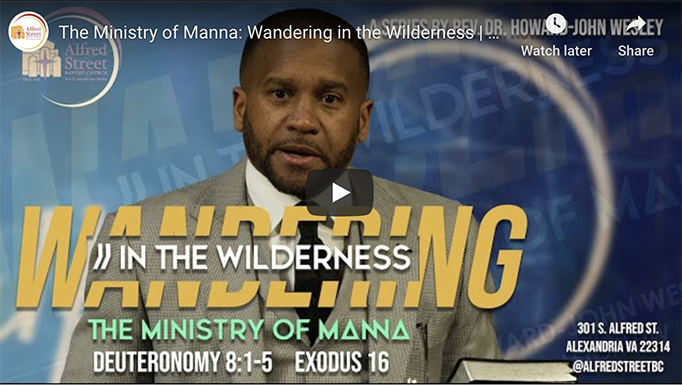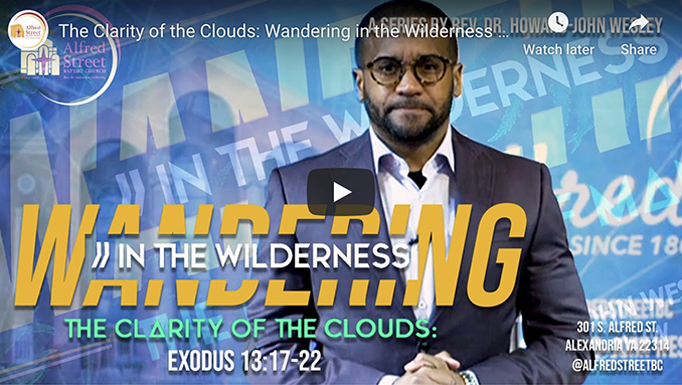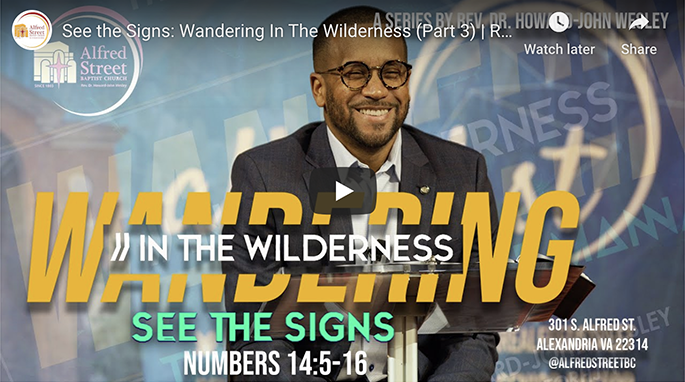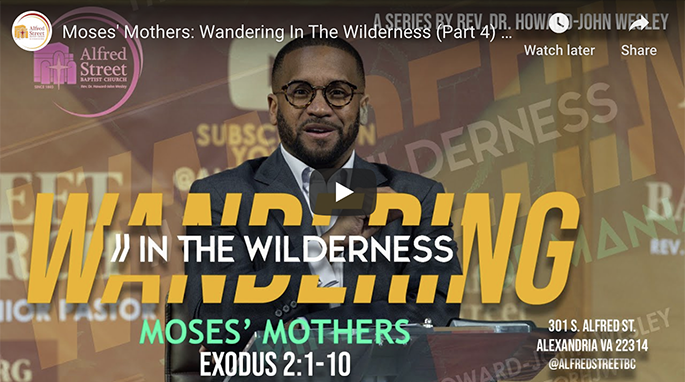Scripture: Numbers 14:5-16
After forty days Noah opened a window he had made in the ark and sent out a raven, and it kept flying back and forth until the water had dried up from the earth. Then he sent out a dove to see if the water had receded from the surface of the ground. But the dove could find nowhere to perch because there was water over all the surface of the earth; so it returned to Noah in the ark. He reached out his hand and took the dove and brought it back to himself in the ark. He waited seven more days and again sent out the dove from the ark. When the dove returned to him in the evening, there in its beak was a freshly plucked olive leaf! Then Noah knew that the water had receded from the earth. He waited seven more days and sent the dove out again, but this time it did not return to him. By the first day of the first month of Noah’s six hundred and first year, the water had dried up from the earth. Noah then removed the covering from the ark and saw that the surface of the ground was dry. By the twenty-seventh day of the second month the earth was completely dry. Then God said to Noah, “Come out of the ark, you and your wife and your sons and their wives. Bring out every kind of living creature that is with you—the birds, the animals, and all the creatures that move along the ground—so they can multiply on the earth and be fruitful and increase in number on it.” So Noah came out, together with his sons and his wife and his sons’ wives. All the animals and all the creatures that move along the ground and all the birds—everything that moves on land—came out of the ark, one kind after another. Then Noah built an altar to the Lord and, taking some of all the clean animals and clean birds, he sacrificed burnt offerings on it. The Lord smelled the pleasing aroma and said in his heart: “Never again will I curse the ground because of humans, even though[a] every inclination of the human heart is evil from childhood. And never again will I destroy all living creatures, as I have done. “As long as the earth endures, seedtime and harvest, cold and heat, summer and winter, day and night will never cease.”
Sermon Summary:
In the midst of the wilderness of the COVID-19 pandemic we realize that we have more questions than answers. However, there are two things we know for certain: God is with us and our world will never be the same again. This week Pastor Wesley taught us that a new normal, a “Different World” is being formed. We looked at the story of Noah to explore how we can adjust to this new world. Noah survives an extinction event when his world is drastically changed. Extinction events remove our past and redefine what our future will look like. We also learned that Noah was on the ark not for 40 days, but for 370 days before he emerged into a new world.
As we conclude this wandering in the Wilderness series many of us are thinking about when it will be safe for us to go back outside and enter our “new normal world.” Just as Noah used practical wisdom and divine discernment we need to do the same in our current pandemic. “Everything we can do we shouldn’t do” is an important reminder as we think about exiting quarantine. Pastor Wesley highlighted three signs that indicated for Noah it was okay to leave the ark:
1) The Raven (8:6-7) – Noah’s scientific experiment to determine safety a) Goes out and stays out when he can
2) The Dove (8:7-12) – Part two of Noah’s scientific experiment
- Only stays out when she should
- Just as the dove brought back an olive branch we should ask the question what do we need to see before we return
Commandment (8:16) – Noah’s ability to discern the voice of God
3) God’s
- Don’t just listen to the data and politicians, but prayerfully listen to God’s instructions
- God only confirms what Noah sees in scientific data – walking by faith does not
mean you ignore practical wisdom – science is not the enemy of faith- You cannot rush out of a traumatic experience without taking time to rest
i) Rushing out of trauma causes us to use dangerous coping mechanisms
ii) Trauma creates anger that we need time to heal from
d) We need to remember that God is always in control of our chaos
Life Application Questions:
- Pastor Wesley cautioned us against rushing out of trauma. What “extinction events” have you faced and how have you found yourself rushing or working through them? When you compare those moments, what made it easier or harder to work towards real healing?
- This week’s sermon warned us about the raven mentality of scavenging and settling for any situation that is available. Can you point to specific instances in your past when you have done this? How can you prevent this going forward?
- Pastor Wesley asked the question, “what is your rainbow?” What signs do you look for to remind yourself of God’s faithfulness even in tough seasons?
- What is your discernment practice? How do you currently determine what is from God and what is not? Pastor Wesley points out that Noah needed to see the olive leaf. What do you need to see to know God has given you permission in your decision-making moments whether it’s relationships, professional, or personal?
- We are introduced to the idea that spiritual decision-making requires both practical wisdom and divine discernment. In your own life, which of these, do you lean on more to make decisions and what makes you lean less on the other?
- Not only were we reminded in this sermon not to live like ravens who scavenge and settle for anything, but we were reminded not to allow others to treat us like ravens. Who has treated you as if you would settle for anything, and what can you do after hearing this sermon to disrupt or avoid future relationships like this?
Spirit Work
-
- Curbing Our Coping Mechanisms. This sermon reminded us that it’s important to be aware of the coping mechanisms we lean on in/after seasons of trauma. If we’re honest all of us have reached for something unhealthy in this season. Make a list of the things you’ve been using to cope. Can you make a plan to reduce and/or eliminate these practices over the next few weeks?
- In what areas of your life, are you most like the raven and in what areas are you most like the dove? Write down those areas and make a goal for yourself to address at least one of those raven-like areas. (ie. I take any professional opportunity and don’t consider the implications on my loved ones. I can make a goal this year to pray before each decision and to give my loved ones a chance to weigh in on the decision)
- We are reminded that sometimes unhealed trauma leaves remnants like anger. What have you found yourself still dealing with after trauma. It can be really difficult to address what’s left, but you can start with a plan. Draft a plan to deal with what’s left, whether it’s looking for a mental health professional or beginning an exercise regimen.

